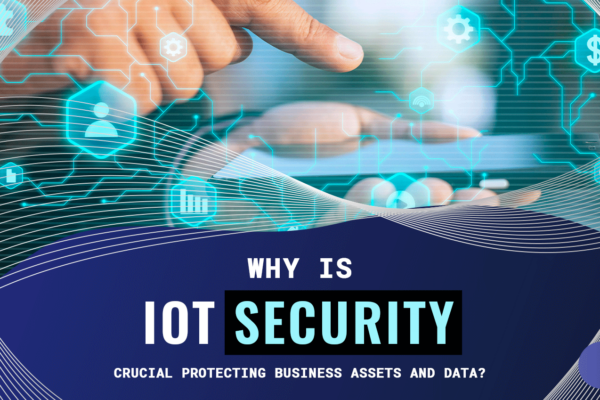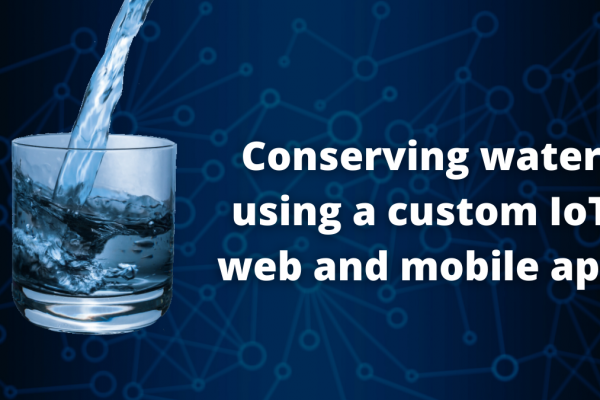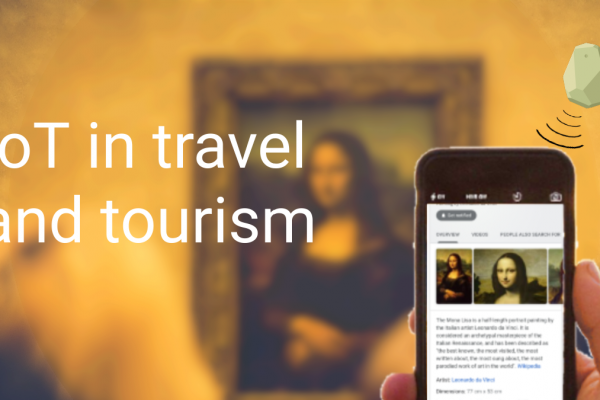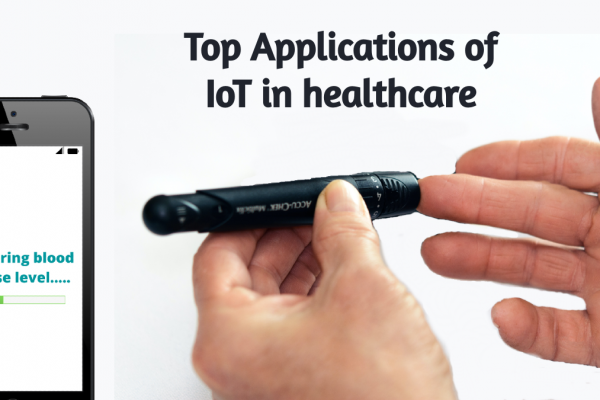As we advance into a more technologically immersed society, the number of digital devices that connect us all continues to grow. Also known as the Internet of Things (IoT), these devices interact and communicate with each other over the internet and allow you to control or monitor a connected device on the other side of the world. Statista’s report on the number of IoT connected devices highlights how we will have at least 50 billion active IoT devices by 2030 — further proving the growing importance of IoT devices in today’s society. The growth of IoT has also spurred the growth of smart cities world wide.
In this post, we’ll take a look at how smart cities use IoT devices and data to improve the quality of life for people everywhere.
IoT devices make safer smart cities
IoT devices can be used to make smart cities safe. By combining the data from these devices, crime hotspots can be identified. Devices such as drones and CCTV can be used to monitor potential hotspots and prevent crimes. Additionally, drones allow for low-cost mobile surveillance in areas where cameras have bad coverage. This has made them ideal for protests and large crowds. Research by Dell shows that IoT devices used by law enforcement agencies can reduce crime rates by up to 10% and save up to 300 lives each year. By combining the data from these devices, crime hotspots can be identified.
IoT devices allow for better transportation
Smart cities will have a better transportation system by using IoT devices. IoT devices attached to vehicles can accurately track vehicle speed, road temperatures, and traffic volume. This can drastically improve the safety of a smart city’s transit system. For instance, take this application of IoT technology in New York City. Cameras and sensors connect more than 10,000 traffic intersections in the city. The data from these devices improve traffic management, safety, and transportation.
IoT devices make for more organized cities
It’s no secret that the success of urban centres relies on stringent planning and organization. This is something that many developing countries in Southeast Asia are still lacking. Take Vietnam, for example. ExpatBets’ in-depth guide to Vietnam explains that the country has only recently emerged as a developing economy. Up until now, it was known for its natural beauty and unique countrysides, attracting tourists and expats alike.
However, the introduction of IoT is gradually turning it into a globally competitive nation. The South-East Asian country is harnessing the latest tech to boost the urban life of its citizens. Indeed, Tech Wire Asia explains that Ho Chi Minh in Vietnam is on the path to becoming a smart city, thanks to its new shared databases and open data ecosystem. This is helping various city departments fine-tune how the city operates as a whole. It should undoubtedly pave the way for more regions to follow suit.
Without a doubt, we won’t be able to have smart cities without IoT devices. To learn more about IoT and how it can enhance our lives, do check our post ‘IoT Trends in 2021’.




